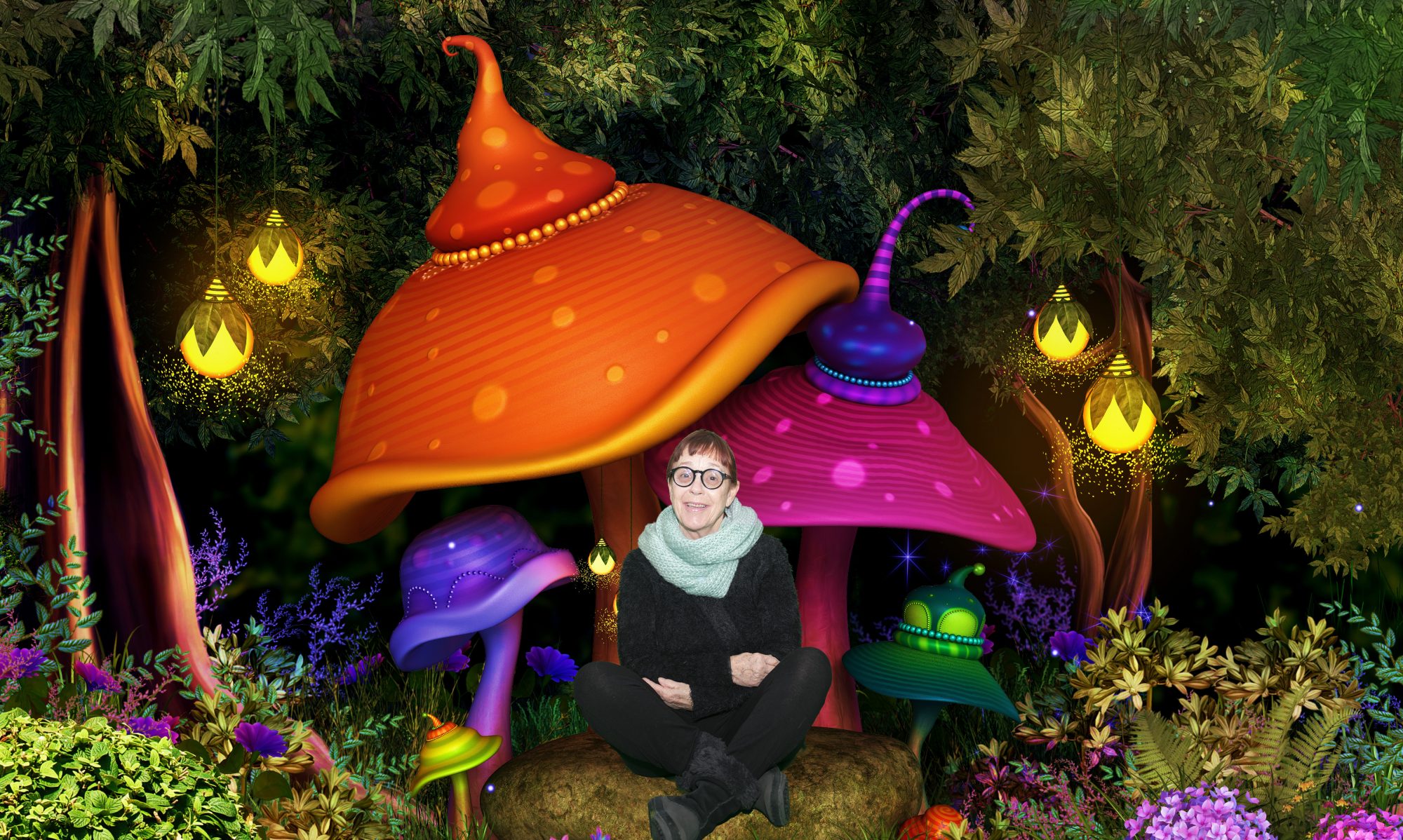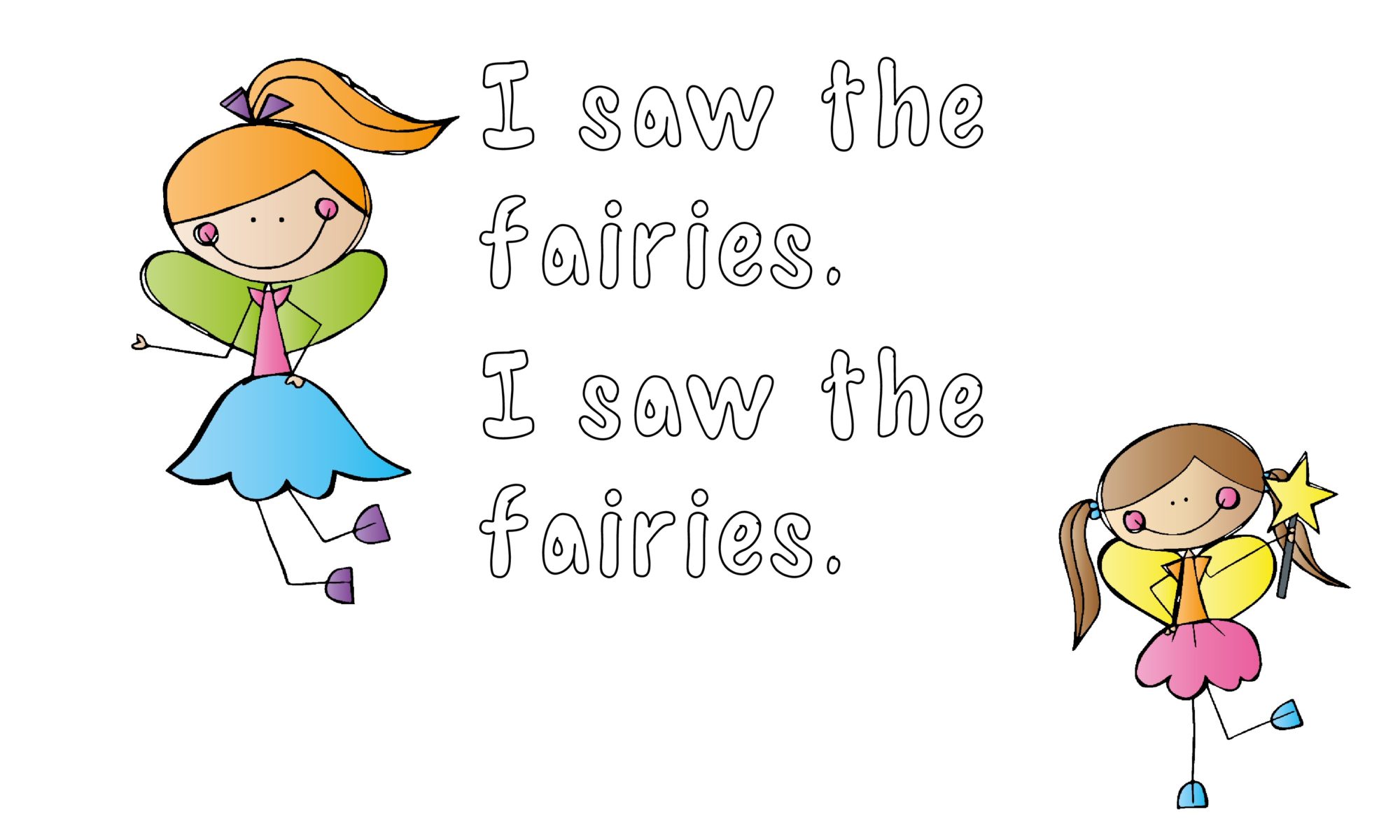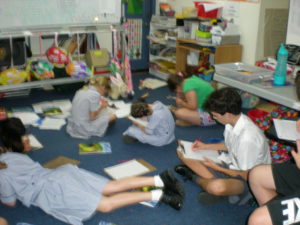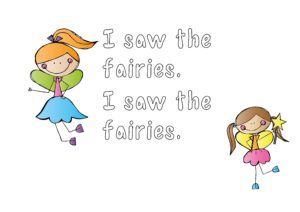 This is my second blog about DOUBLES BOOKS.
This is my second blog about DOUBLES BOOKS.
You may want to look back on the first one to read how they were started!
http://victoriacarlton.com.au/doubles-books-2/
Lately I have been using the strategy again- for my very visual learners who need lots of repetition and have lost their confidence with reading and spelling.
It is a method that harnesses their own interests and well worth the small amount of time it takes to construct these simple books.
They work particularly well for students from 4-8 years of age and beyond for those with learning problems.
Milly is a very creative 7- year old student. I see her once a week and she is intrigued with everything to do with fantasy.
Milly has done well with the Jolly Phonics program but her word-recognition and spelling skills are still a little low.
Recently she was keen to write a story about fairies and as I need to improve her word recognition and spelling skills, we used the DOUBLES approach in her tuition session.
Milly dictated her story to me. I typed it with a simple font she could easily trace.
Milly read it to me and did not complain about the doubled words. In fact, she was so proud that she could read the words 100% accurately!
Milly then chose colours to trace the words and neatly worked her way through our “book.”
She had her book to show Mum at the end of the hour and was SO proud.
Some readers might remember this approach from the LANGUAGE 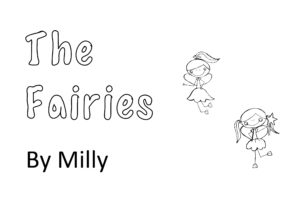 EXPERIENCE method. Simply double whatever they dictate and either leave lines for them to copy or provide traceable fonts.
EXPERIENCE method. Simply double whatever they dictate and either leave lines for them to copy or provide traceable fonts.
This method is successful with young students who need a boost of confidence, word-recognition and spelling skills and really accelerates their literacy skills in a non-painful and enjoyable way!
